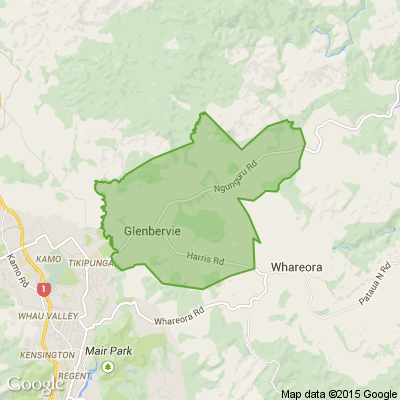A heart-wrenching glimpse into the reality faced by those using Flexible Funding
This survey offers a heart-wrenching glimpse into the reality faced by those using Flexible Funding—a lifeline that has been too often taken for granted. While the government, insistent on slashing this crucial support, claims that time constraints prevented them from engaging with the disabled community, the truth is starkly different. They didn’t ask, and therefore, they remain oblivious to the clear message conveyed by those directly affected.
The survey paints a poignant picture: 80% of respondents filled it out on behalf of someone else, while 20% shared their own experiences. And the results are nothing short of compelling. A staggering 98% either Agree (8%) or Strongly Agree (90%) that Flexible Funding has profoundly improved their quality of life compared to other alternatives like residential care. The benefits are manifold—Autonomy and Choice, Tailored Support, Improved Quality of Life, Increased Independence, Community Engagement, Respite for Carers, Access to Therapy and Health Services, Educational and Employment Opportunities, Mental Health and Wellbeing, and Financial Relief.
Moreover, 95% either Agree (25%) or Strongly Agree (70%) that their Host (Manawanui) provides an invaluable service, making the use of Flexible Funding straightforward and effective.
Yet, despite these resounding endorsements, the disabled community is being relentlessly battered, and the disconnect between the government and the lived experiences of these individuals is glaring. Disability is not a switch you can turn on and off—it’s a constant, all-encompassing reality. Experts in the field lament that the sector feels like it’s been thrown back to the outdated thinking of the 1990s, if not further. The attitudes of today’s government towards the disabled are reminiscent of the 1970s, echoing the dark days of sheltered workshops.
It’s profoundly disheartening to witness so many people suffering needlessly due to ignorance and indifference. The current trajectory is not just a policy failure—it’s a betrayal of the very people it is meant to support.

What's your favourite recipe for courgettes?
Kia ora neighbours. If you've got a family recipe for courgettes, we'd love to see it and maybe publish it in our magazine. Send your recipe to mailbox@nzgardener.co.nz, and if we use it in the mag, you will receive a free copy of our January 2025 issue.

It’s Riddle Time – You Might Need an Extra Cup of Coffee!
Nobody has ever walked this way. Which way is it?
Do you think you know the answer to our daily riddle? Don't spoil it for your neighbours! Simply 'Like' this post and we'll post the answer in the comments below at 2pm.
Want to stop seeing riddles in your newsfeed?
Head here and hover on the Following button on the top right of the page (and it will show Unfollow) and then click it. If it is giving you the option to Follow, then you've successfully unfollowed the Riddles page.

Poll: Do you think NZ should ban social media for youth?
The Australian Prime Minister has expressed plans to ban social media use for children.
This would make it illegal for under 16-year-olds to have accounts on platforms including TikTok, Instagram, Facebook and X.
Social media platforms would be tasked with ensuring children have no access (under-age children and their parents wouldn’t be penalised for breaching the age limit)
.
Do you think NZ should follow suit? Vote in our poll and share your thoughts below.

-
84.7% Yes
-
13.9% No
-
1.4% Other - I'll share below







 Loading…
Loading…











